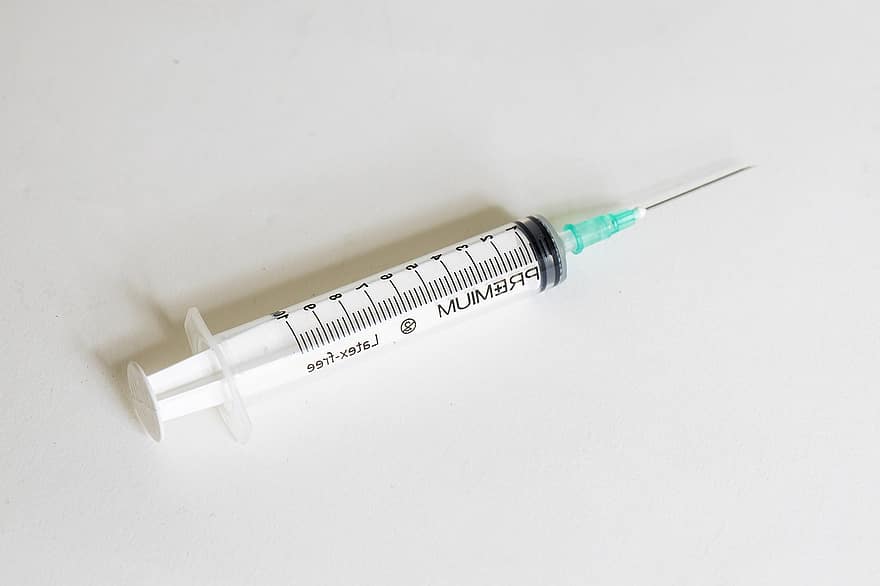A month after the original deal was struck, the EU has come to a new agreement with AstraZeneca with regard to the vaccine it is developing.
The original deal secured 2.4 million doses for Denmark, but the number has now risen to 3.7 million.
This pre-purchase agreement will come into force once the vaccine is deemed safe and effective. It comes ten days after trials resumed following the hospitalisation of a participant.
Alongside this particular vaccine, negotiations are underway with a number of other manufacturers, ensuring that the EU and Denmark are first in line when a vaccine is released.
Dahl marks out his successor
Talking to Jyllands-Posten, Dansk Folkeparti leader Kristian Thulesen Dahl has his number two Morten Messerschmidt as the man to take the party forward on his departure. It precedes the publication of a book on Dahl’s career on Monday.
Government aid to families extended to the self-employed
Initially addressed only to employees, the government bill to provide parental benefits to parents whose children are sent home due to coronavirus extends also to the self-employed. In order to be eligible, parents must be unable to work from home.
Rescue package for bars and restaurants
With new restrictions squeezing an already struggling industry, the government has announced a new compensation package for bars, restaurants and cafes totalling 100 million kroner. There is a special focus on small businesses, which will be able to cover 90 percent of their costs through the new deal, running until October 31 with the possibility of an extension.
Bridging the gap
Following its opening on September 30 last year, Crown Princess Mary’s Bridge over Roskilde Fjord is this week expected to carry its millionth vehicle. The bridge has successfully cut down congestion in Frederikssund.
Working from home
In the second quarter of 2020, 40 percent of those employed in Denmark spent some time working from home. This is a 12 percent rise on last year’s figure, with much of the increase being driven by workers in the Capital Region.











